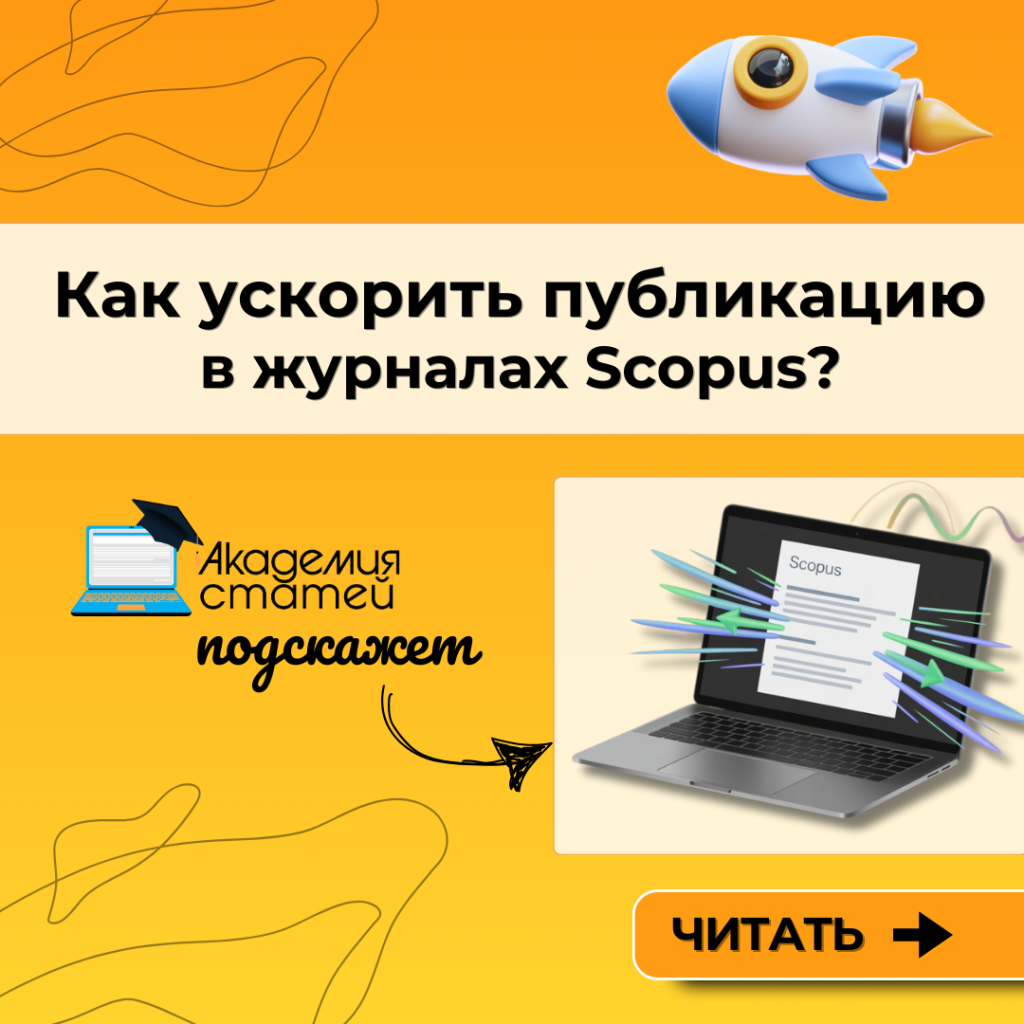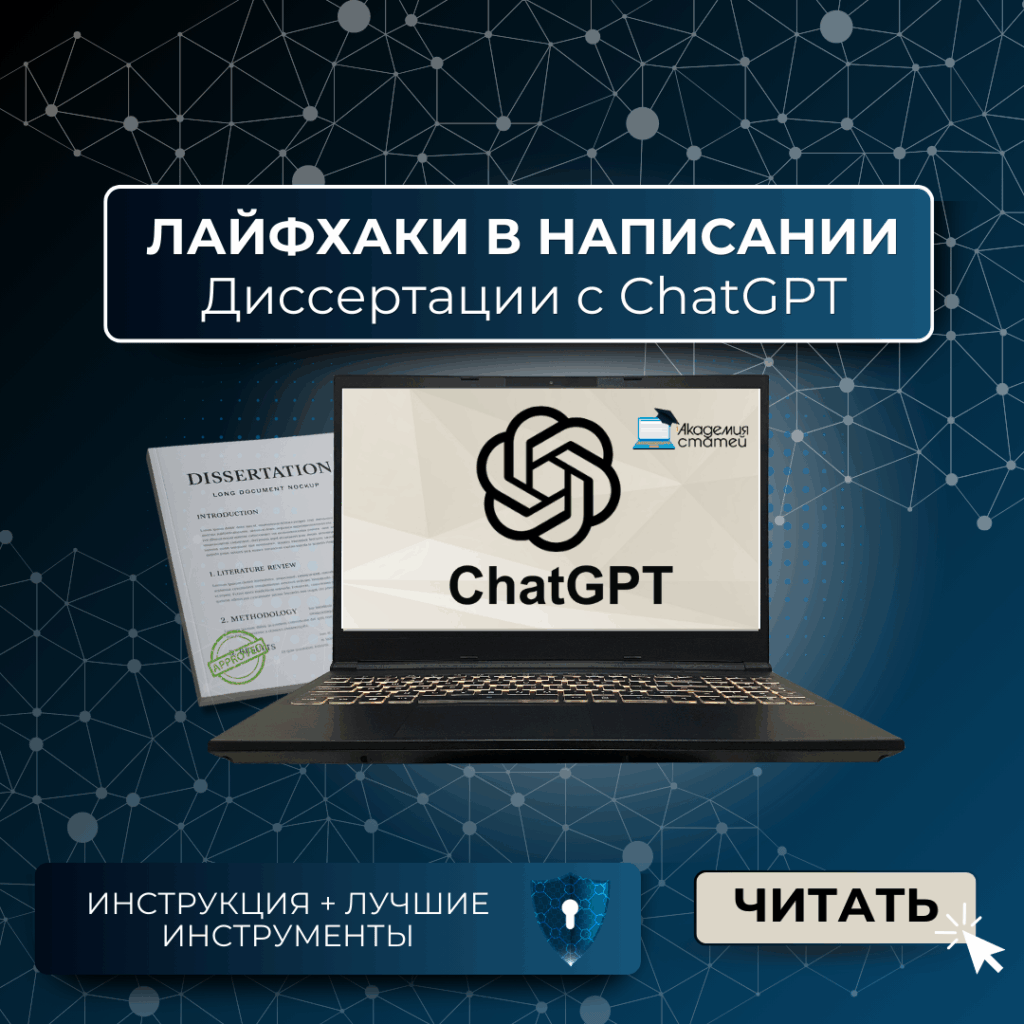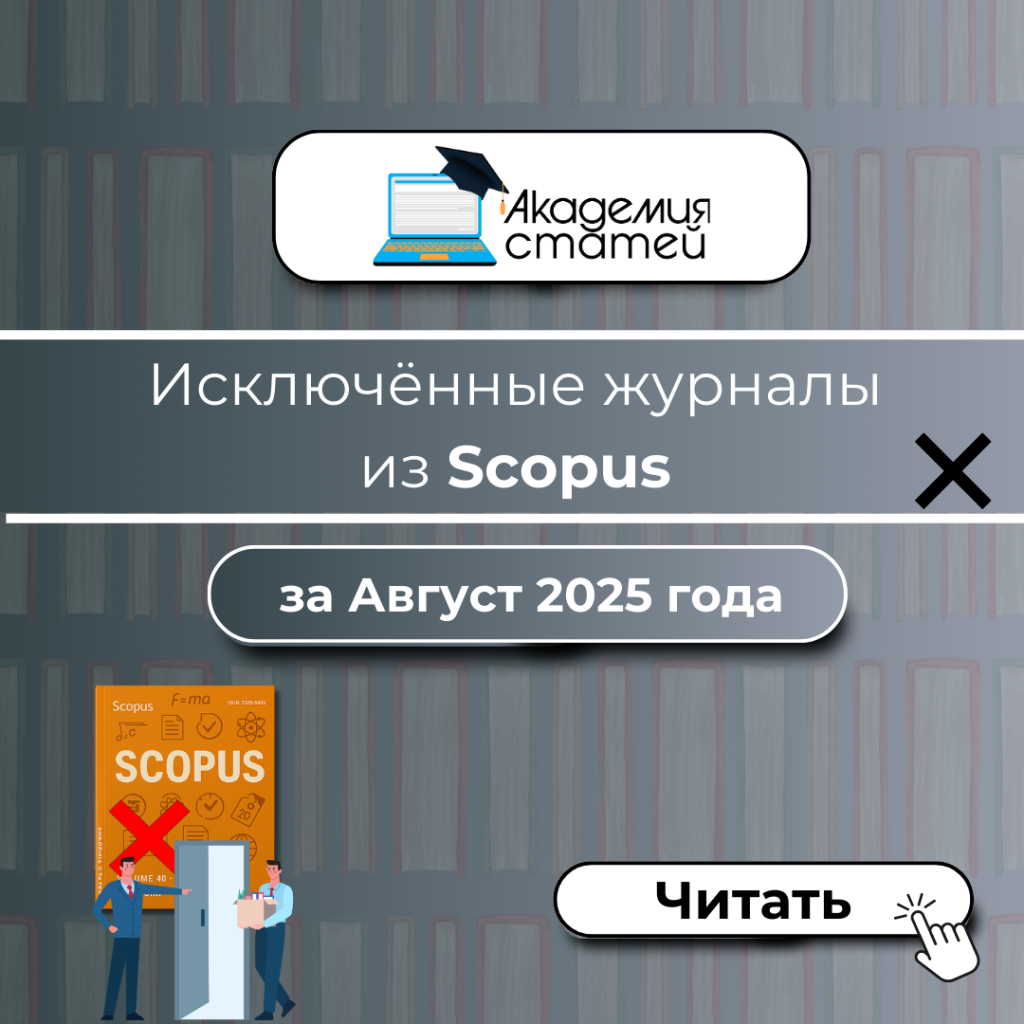In 2024, the issue of publication requirements for obtaining the academic titles of associate professor (docent) and professor in the Republic of Kazakhstan is particularly important in the context of the modernization of the higher education system and academic activities. Modern publication requirements not only reflect the level of scientific research but also contribute to the development of highly qualified faculty capable of delivering the educational process at the highest level.
By order of September 5, 2024, the Ministry of Science and Higher Education amended and supplemented the Rules for assigning academic titles (Associate Professor (Associate Professor), Professor).
In this article, we will examine in detail the key publication requirements for obtaining the academic titles of associate professor and professor in 2024, describe the changes expected in 2025, and analyze the impact of these requirements on the development of scientific and educational spheres in Kazakhstan.
In this article, we will examine the basic concepts and types of articles:
📌 Международные журналы International peer-reviewed scientific journals are those ranked in the 1st, 2nd, or 3rd quartiles according to the Journal Citation Reports from Clarivate Analytics or have a CiteScore percentile score of at least 35th in the Scopus database in the scientific field corresponding to the applicant's specialization. For applicants for academic degrees in the social sciences and humanities, articles and reviews indexed in the Arts and Humanities Citation Index, Science Citation Index Expanded, and Social Sciences Citation Index of the Web of Science Core Collection from Clarivate Analytics are also considered.
📌 Статьи в международных рецензируемых научных журналах — These include "Article" or "Review" articles that correspond to the journal's thematic focus as stated in the specified databases. Publication in international journals with an interdisciplinary focus (Multidisciplinary, Interdisciplinary, General, Miscellaneous) is permitted.
📌 Показатель перцентили по CiteScore in the database Scopus — The indicator is taken into account for the year of publication specified in the database, or at the time of submission of the applicant’s certification file to the authorized body.
📌 Квартиль по данным Journal Citation Reports — Determined by the publication’s impact factor.
Requirements for obtaining the title of Associate Professor:
The titles of associate professor (associate professor) and professor are awarded by the authorized body in the field of science and higher education to employees of scientific organizations, institutions of higher and postgraduate education (IHPE) based on the submission of their candidacies by the academic councils of these organizations.
It is necessary to have at least three years of continuous experience in scientific or scientific-pedagogical activity after defending the dissertation.
🔸 Согласно законодательству, требуется не менее 14 научных статей в периодических научных изданиях, соответствующих специальности претендента и опубликованных после защиты диссертации, включая 10 статей в изданиях, рекомендованных уполномоченным органом (ККСОН), и две научные статьи в международных рецензируемых научных журналах.
🔸 С 1 сентября 2025 года также вводится требование о наличии двух научных статей, опубликованных в международных рецензируемых научных журналах, в которых претендент указан первым автором или автором для корреспонденции.
If the number of scientific articles in international peer-reviewed journals exceeds the established minimum, one such article is counted as two publications in publications recommended by the authorized body (KKSON).
One of the mandatory conditions for obtaining the title of associate professor is the presence of:
📍 монографии, рекомендованной Ученым советом (выпущенной за последние 5 (пять) лет, объем не менее 6 (шести) печатных листов, принадлежащих соискателю);
📍 учебного (учебно-методического) пособия или учебника, написанного индивидуально и рекомендованного Ученым советом, Республиканским учебно-методическим советом или уполномоченным государственным органом (выпущенного за последние 5 (пять) лет, объемом не менее 6 (шести) печатных листов, используемого в учебном процессе не менее 1 (одного) учебного года).
Persons who defended a dissertation under his supervision and have an academic degree (Candidate of Sciences, Doctor of Sciences, Doctor of Philosophy (PhD), Doctor of Science in the field) or an academic degree of Doctor of Philosophy (PhD), Doctor of Science in the field, or a degree of Doctor of Philosophy (PhD), Doctor of Science in the field.
However, this condition need not be met if there are 3 (three) scientific articles in addition to those specified in paragraph 1, If:
📍 они опубликованы в международных рецензируемых научных журналах, входящих в 1 и 2 квартиль по данным Journal Citation Reports компании Clarivate Analytics (Web of Science);
📍 имеют в базе данных Scopus показатель перцентиля CiteScore не менее 50 хотя бы в одной из научных областей.
Conclusions and recommendations:
So, today we've covered the basic requirements for obtaining the academic title of Associate Professor, as well as future requirements that will come into effect in 2025. Many of you are wondering which option to choose for scientific publications to ensure the fastest and most cost-effective outcome. We'll share our expert insights and help you save money and time.
Option 1 — publication of 10 articles in KKSON, 2 articles in Scopus with a percentile of at least 35, and 3 articles in Scopus with a percentile of at least 50%, where the author is a corresponding author — $16,000.
Option 2 — 10 articles in the KKSON, 2 articles in the Web of Science journal in the 3rd quartile according to JCR and 3 articles in Scopus with a percentile of at least 50, where the author is a corresponding author — $15,800.
Option 3 — 10 articles in the KKSON, 2 articles in the Web of Science journal in the 3rd quartile according to the JCR and the writing and publication of a textbook recommended by the Academic Council, published in the last 5 (five) years, with a volume of at least 6 (six) printed sheets, used in the educational process for at least 1 (one) academic year — $13,000.
Option 4 — publication of 10 articles in the KKSON, 2 articles in Scopus with a percentile of at least 35 and the writing and publication of a textbook recommended by the Academic Council, issued in the last 5 (five) years, with a volume of at least 6 (six) printed sheets, used in the educational process for at least 1 (one) academic year — $13,200.
So, let's sum it up and see which option will be the fastest, cheapest, and least problematic.
Cheapest: If your university has an academic council that can recommend a textbook, option 3 will be the cheapest. If there is no council, then option 2 will be the cheapest (although this is individual and depends on the field of study).
The fastest: Option number 1 will be the fastest, but it will also be the most expensive.
Least problematic: Option 1 will also be the least problematic, since publishing articles in Scopus journals will be the easiest.
Which option you choose is up to you. The Academy of Articles offers a full range of services for writing and publishing scientific articles, as well as writing and publishing textbooks.






